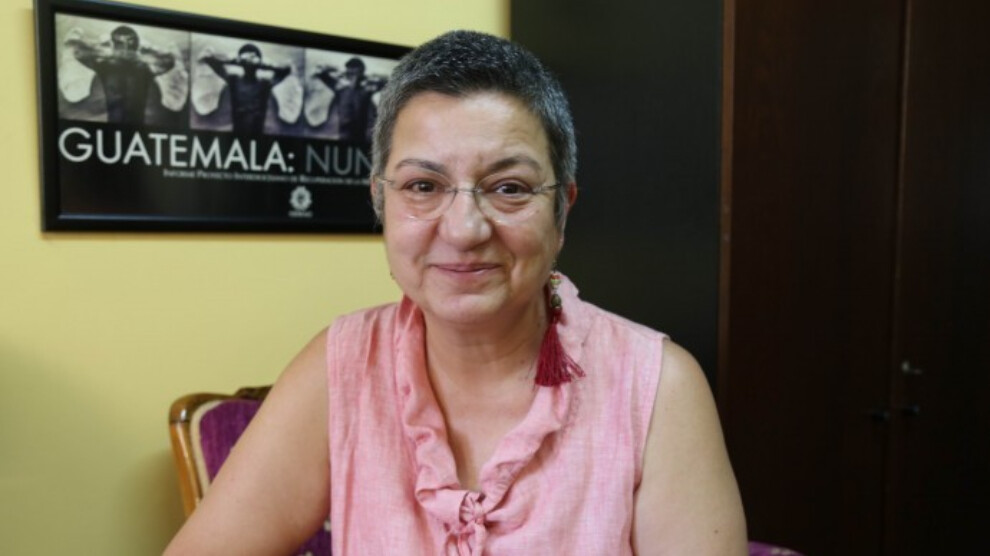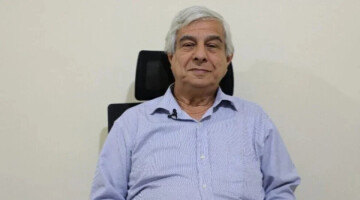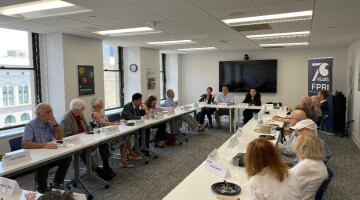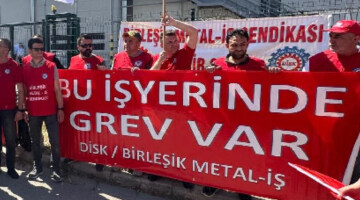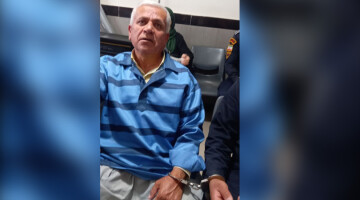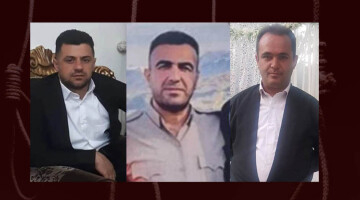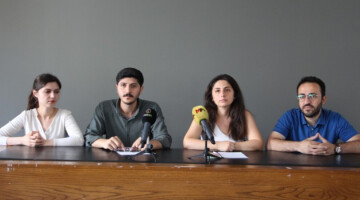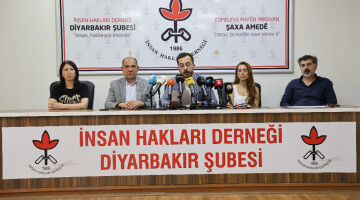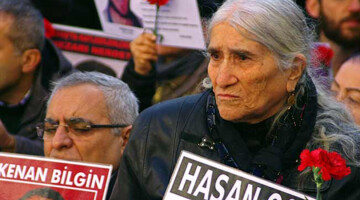The president of the Turkish Medical Association (TTB), Şebnem Korur Fincancı, faces up to seven and a half years in prison for statements concerning the use of chemical weapons against Kurdish guerrillas. The Ankara Chief Publi Prosecutor’s Office accuses the 63-year-old of "propaganda for a terrorist organisation", state media reported.
Şebnem Korur Fincancı has been in custody for about a month. The charges are based on statements she made in a television interview with the Kurdish broadcaster Medya Haber. In the interview, the internationally renowned forensic doctor was asked about chemical weapons attacks against PKK guerrillas in the Kurdistan Region of Iraq (KRI) by Turkish troops. She demanded that the allegations be independently investigated according to international standards. President Erdoğan then accused her of denigrating the armed forces and insulting her country.
Videos published by ANF show Turkish soldiers using chemical agents against guerrilla positions during occupation operations in southern Kurdistan. There is also footage of injured guerrilla fighters who were exposed to the chemicals. In addition to Fincancı, the Peoples' Democratic Party (HDP) and Kurdish civil society have also called for independent investigations. The Turkish government denies the allegations.
The medical peace organisation IPPNW undertook a delegation trip to the KRI in September - after reports of Turkish chemical weapons attacks in southern Kurdistan became widespread - to investigate the allegations, view visual material and take and assess samples. The delegation was denied access to the regions affected by Turkish chemical weapons use by the KRI government. The IPPNW report published in October on the trip nevertheless confirms the Kurdish accusations and considers an immediate independent international investigation to be necessary.
Fincancı is to be sentenced in line with the Turkish Anti-Terror Law, according to which, "whoever makes propaganda for a terrorist organisation shall be punished with imprisonment between one and five years." The penalty is increased by half if the "crime" is committed through the press or radio.

